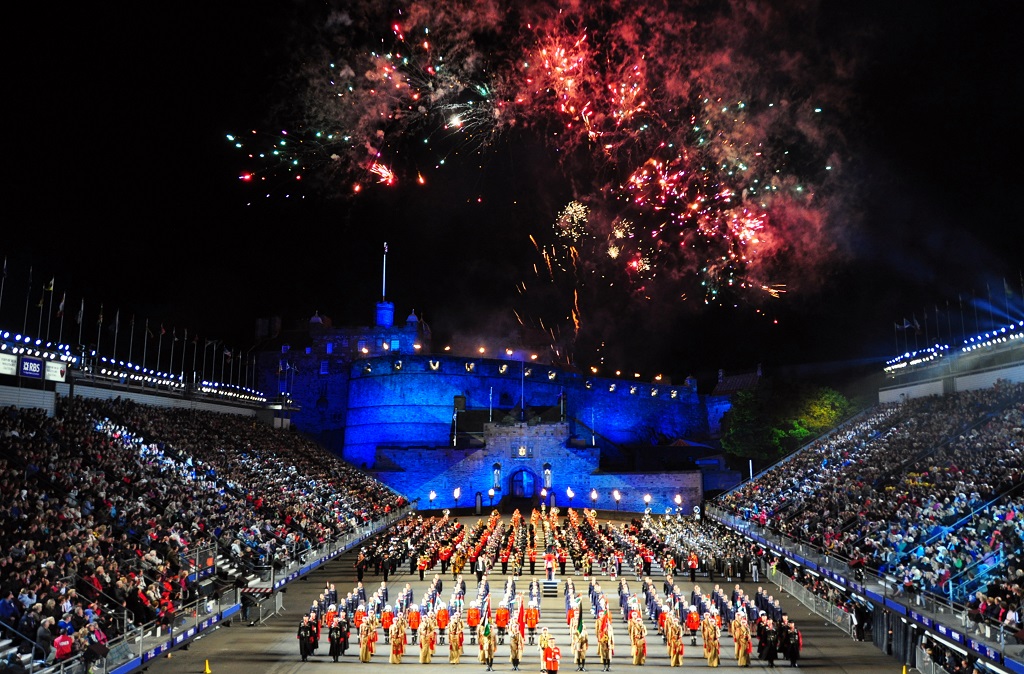Scottish soldiers living temporarily abroad, either in barracks in the UK or at British bases abroad, have expressed “fury” at being denied the vote in next week’s referendum over the future of a country they hope to return to after their service.
Thousands of Sailors, Soldiers and Airmen native to Scotland live and work outside of the country, following a military tradition of Scots serving which goes back many hundreds of years. Due to electoral rules, those without an address in Scotland itself cannot vote, meaning those Scots temporarily residing in England, or Cyprus, or Germany will be denied their chance to take part.
The ‘lost vote’ of this unrepresented group is exacerbated by the fact many married troops take their families with them to service family accommodation, better known as ‘married quarters’. This group of disenfranchised families are just part of the tens of thousands living outside the country, none of whom will get a vote.
Had service personnel abroad received the vote, it could have had a significant effect on the outcome of the referendum, which is hovering around 50/50 amongst those certain to vote. The latest YouGov Poll for The Times has Unionist ‘no’ on 52 percent, a slight improvement on other figures earlier in the week.
The Daily Mail newspaper quotes the words of a Royal Tank Regiment soldier, who said: “A Scottish soldier who has served in the British army, unless he has a registered address in Scotland, cannot vote. Any Scottish soldier living in England, Cyprus or Germany will not be able to vote, which I find appalling.
“A soldier in Afghanistan whose family are back in Tidworth does not have a say in whether his country is going to be independent or not.”
The military future of Scotland as an independent nation has been the subject of some speculation, and even criticism. Alex Salmond, the Scottish First Minister who would lead the nation in the critical first months of independence, has recently reaffirmed his desire to join the Nuclear Alliance NATO, despite his desire to make Scotland a Nuclear free zone. The Scottish National Party has earmarked £2.5 billion for defence spending, which is below the two percent spending level required by the NATO treaty.
NATO leaders meeting in Cardiff last week acceded to the ‘Wales Pledge’, in which every member promised to ramp up defence spending. The SNP has suggested the way the military is run would change dramatically in a new Scotland, with soldiers being able to join trade unions for the first time.

COMMENTS
Please let us know if you're having issues with commenting.